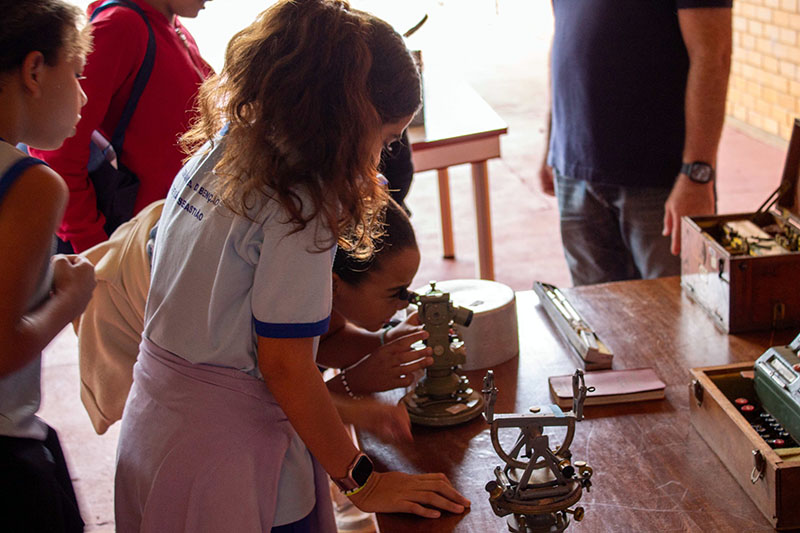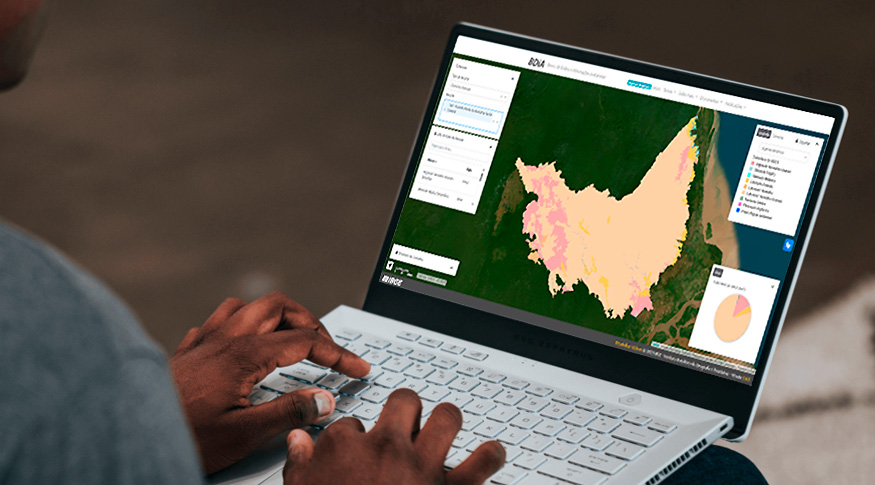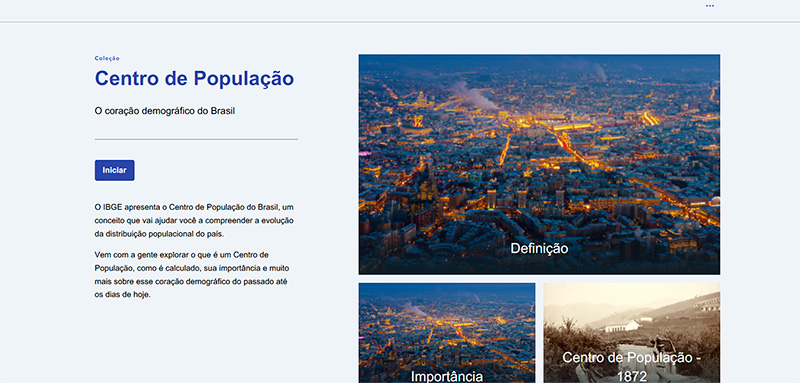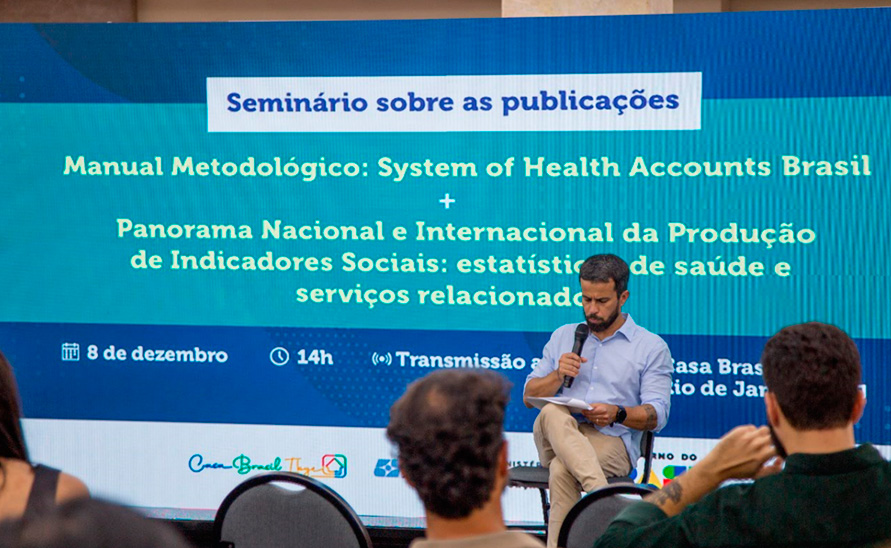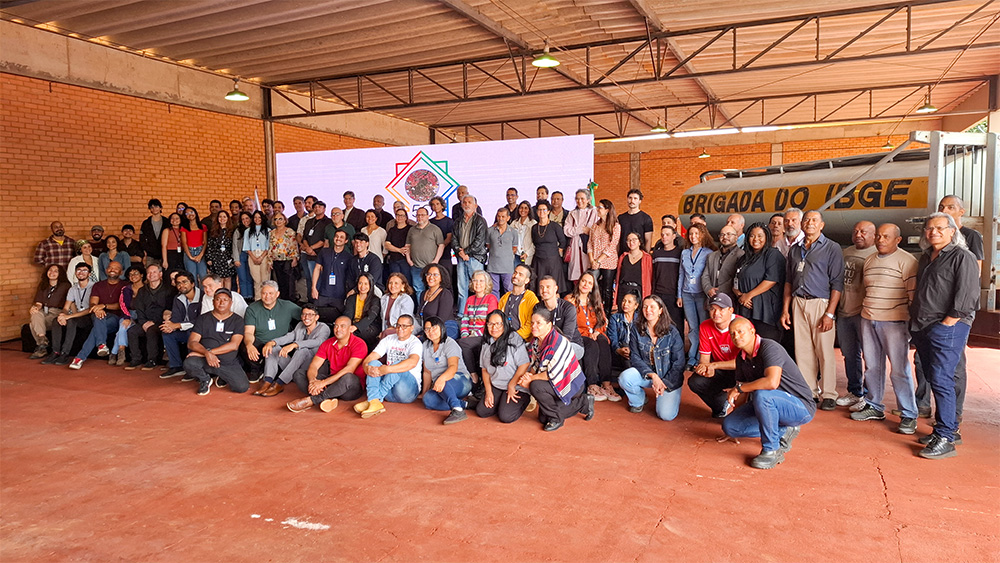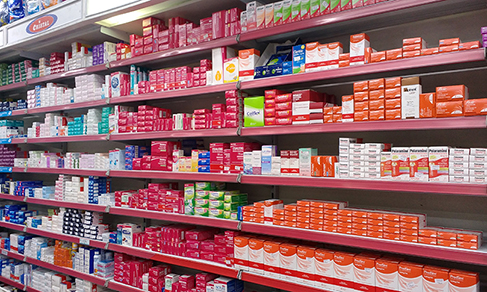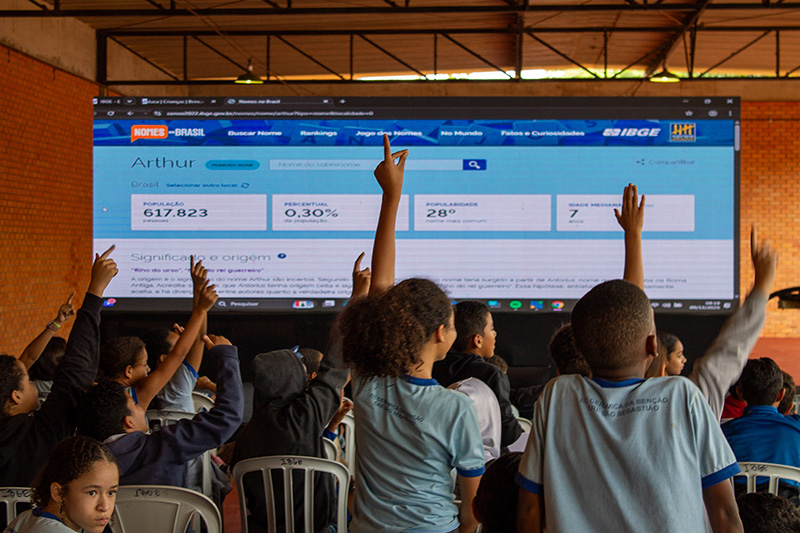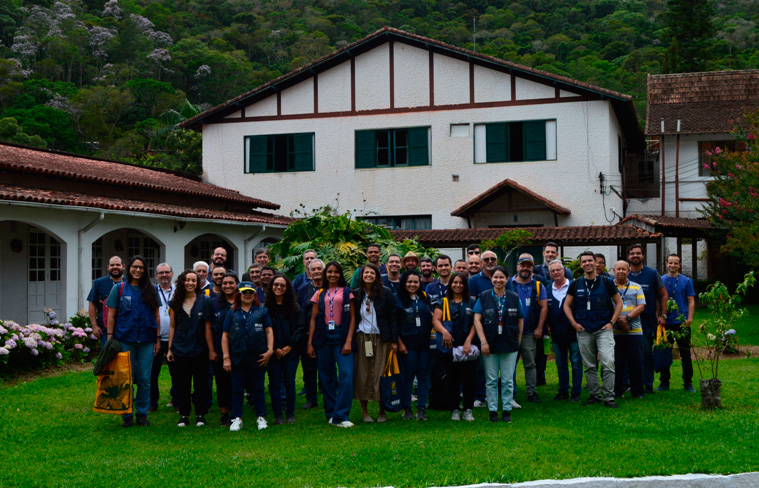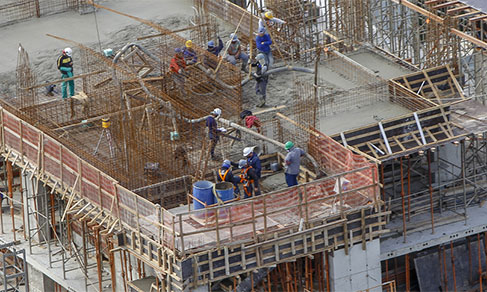HealthSatelliteAccounts
Expenditure on health is 9.2% of the GDP and amounts to R$ 608,3 billion in 2017
December 20, 2019 10h00 AM | Last Updated: December 26, 2019 10h17 AM
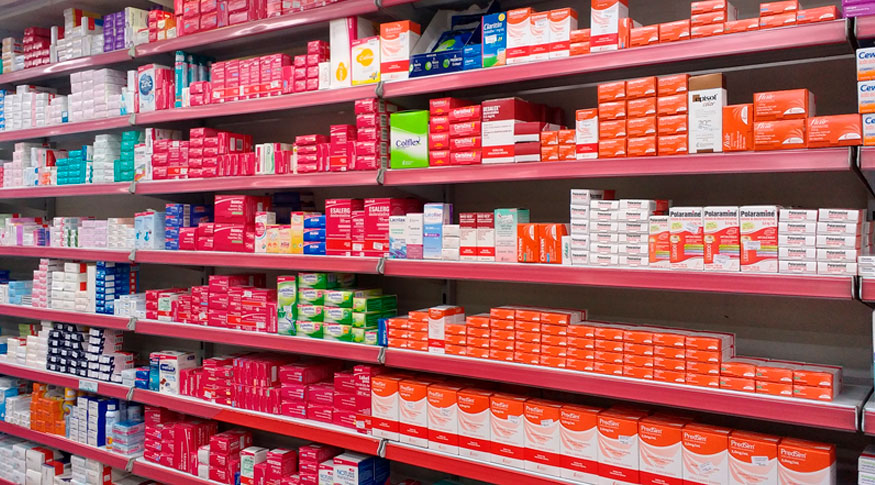
Expenditure on health in Brazil reached R$ 608,3 billion in 2017, which is 9.2% of the Gross Domestic Product (PIB), the sum of all the goods and services produced in the country that year. That share, however, was lower than in 2016 (9.3%). That was the first decrease in the total expenditure on health services since 2011, as reported in the Health Satellite Account, released today (20) by the IBGE.
In 2017, from the total expenditure on health, R$ 354.6 billion (5.4% of the GDP) were relative to expenditure of households and non-profit institutions serving households, and R$ 253.7 billion were (3.9%) were relative to government expenditure.
Since the beginning of the time series, the share of households in expenditure surpassed that of the government in volume. IN 2010, government spending amounted to 3.6% of the GDP, hit 4% in 2016 but fell to 3.9% in the following year. The share of households stayed at 4.3% in 2010, went to 4.2% a year later and increased again up to 5.3% of the GDP in 2017. The IBGE National Accounts technician, Tassia Holguin, says the increase happened even in the period of crisis.
“That is why health is an essential service. If a person needs to take some medicine, they will not give up buying it because of financial difficulties. They will reallocate resources so that the medicine can be bought”, says Ms. Holguin , as she adds the increase of public and private spending on health is directly related to the aging of the population.
The survey also shows that the per capita expenditure of Brazilian households on health surpassed by 39.7% that of the government in 2017. Whereas the government had expenditure per person of R$ 1,226,8, households and entities invested R$ 1,714,6 on health.
Expenses related to private services represent two-thirds of household expenditure on health
Among the expenses with health, Brazilian households spent the most (66.8%) on private health services, including those paid by employers. In 2017, they accounted for R$ 231 billion. On medicines, households spent R$ 103,5 billion, that is. 30% of the expenditure on health of Brazilian homes that year.
The main expense of the government, in 2017, was public health, which includes services generated by municipal, state and federal health units: R$ 201,6 billion. In second place came expenses related to services acquired in private health establishments, which amounted to R$ 43,6 billion. On medicines for distribution free of charge a total R$ 8,4 billion were spent, 3.3% of the total revenue that year.
Tassia Holguin observes that government expenditure on health does not include subsidies from the Popular Pharmacy Program, which is intended to sell essential medication at below-market prices. “In seven years, the government increased the transfer of resources to commercial pharmacies associated to the program, from R$ 332 million in 2010 to R$ 2,8 billion in 2017”, adds the IBGE technician.
The Health Satellite-Account also showed there was an increase to two million in jobs in the health sector between 2010 and 2017. Positions amounted to 5.2 million and changed to 7.2 million, or 7.1% of the total available in the country in 2017. The number of positions, however, is no necessarily equivalent to the number of employed persons, once one same professional may have more than two jobs.
International comparison
In comparison with other countries, the per capta expenditure on health in the country was bigger than in Latin American countries, such as Mexico and Colombia. IOn the other hand, spending was almost three times as that of OECD countries, which gathers the biggest economies in the world.
As a proportion of GDP, the total expenditure on health in Brazil was similar to the spending of OECD countries. Nevertheless, considering the Brazilian public spending, it is observed there is less investment than in the average of countries that form the “rih country club. Whereas in Brazil, the government spent 3.9% of the GDP on health, in Germany, for instance, public spending reached 9.5% of the GDP.


